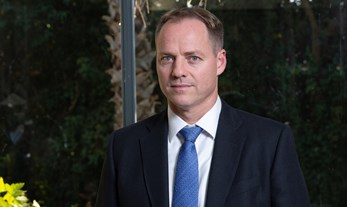


Many Israelis believe a deal with Saudi Arabia would strengthen PM Netanyahu politically
Written By: Prof. Tamar Hermann, Dr. Or Anabi
As it is widely known that negotiations have been underway between Israel and Saudi Arabia under the auspices of the United States, we asked two questions regarding the expected impact of the negotiations and a possible agreement on domestic matters.

Yom Kippur War: How ChatGPT can be use for military intel, war simulation
Written By: Dr. Tehilla Shwartz Altshuler, Brig.-Gen (ret.) Itai Brun
While technology cannot eliminate uncertainty or surprise, it can help decision-makers think about the future.

Fifty Years After the Yom Kippur War. It’s Time the Security Cabinet Replaced the Prime Minister’s “Kitchen Cabinet”
Written By: Dr. Eran Shamir-Borer, Adv. Mirit Lavi
One of the important lessons learned from the Yom Kippur War was that the authority of government ministers to decide on security-related matters must be strengthened; However, even after five decades, the proper balance between the authority of the prime minister and the members of the security cabinet has not yet been properly regulated.
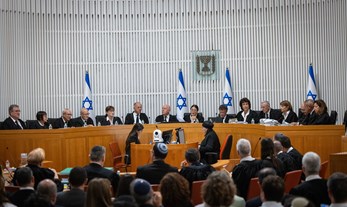
The Supreme Court Hearing on Reasonableness: Law without Enforcement
Written By: Prof. Suzie Navot
On the question of Unreasonableness, it appears that the dispute is not only between the Knesset and the Supreme Court, but also among the justices themselves. There are many possibilities, but only one ruling, which will be handed down no later than mid-January 2024.
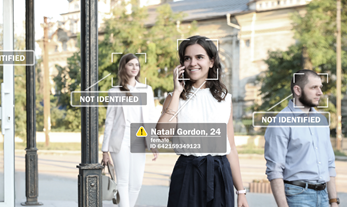
Is Police Use of Facial Recognition Technology a Pandora's Box?
Written By: Dr. Tehilla Shwartz Altshuler
The government is advancing a bill that will enable the police to use facial recognition technology by the police. Use of such technology by the police raises a number of critical issues.

Shana Tova from IDI – 5784
Written By: Yohanan Plesner , Prof. Suzie Navot, Prof. Karnit Flug
Yohanan Plesner, President of IDI, Prof. Suzie Navot, VP of Research, Prof. Karnit Flug, VP of Research and William Davidson Senior Fellow for Economic Policy, and the entire IDI team wish you all a happy New Year. Shana Tova!

Following the Supreme Court Reasonableness Hearing: Where are we Now?
Yohanan Plesner, president of IDI and Prof. Yuval Shany, a Senior Fellow at the Center for Democratic Values and Institutions met with reporters to discuss the historic Supreme Court hearing on the repeal of the reasonableness doctrine.
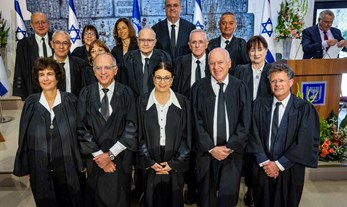
Israelis are deeply divided on the upcoming Supreme Court hearings
Written By: Prof. Tamar Hermann, Dr. Or Anabi
41.5% of coalition voters and 6% of opposition voters said that the Court lacks the authority to perform judicial review over Basic Laws passed by Knesset. 73% of Israelis agree that in order to bridge the divisions between the political camps, attempts should be made to reach a compromise.
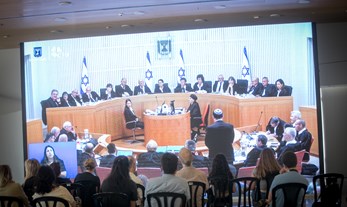
Three Big Cases in Israel's September to Remember
Written By: Prof. Amichai Cohen, Prof. Yuval Shany
Three petitions before the Israeli Supreme Court are transforming the usually slow month of September into a pivotal one in Israel’s ongoing judicial crisis.
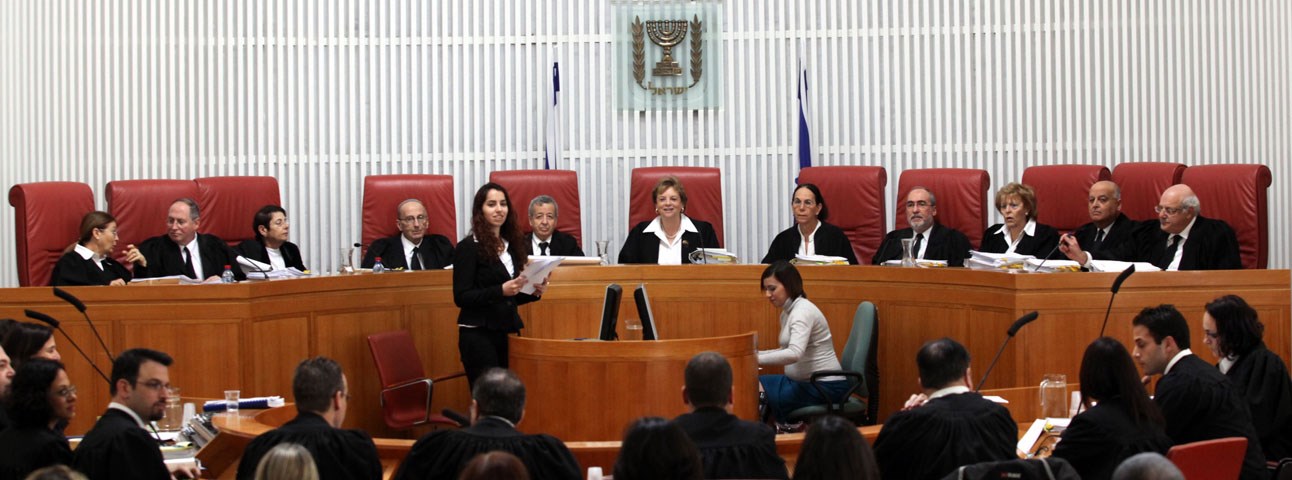
The Supreme Court Hearing on the Revocation of the Reasonableness Doctrine
Written By: Prof. Amichai Cohen
On September 12, 2023, an unprecedented panel of 15 Supreme Court Justices will convene to hear petitions requesting to strike down the recent amendment to the "Basic Law: The Judiciary."

The Judicial Selection Committee must be convened now
Written By: Dr. Guy Lurie
The Judicial Selection Committee has not met for more than a year, and during this period, various positions held by judges have been vacated.

Education and Democracy
Dr. Tammy Hoffman, Director of IDI's Education Policy Program explains why the current political and social crisis in Israel is related to the education system and why there cannot be democracy without educating toward democracy.

Without Education for Democracy, There Can Be No Democracy
Written By: Dr. Tammy Hoffman, Meital Baron
Marking the beginning of the new school year, a special survey was conducted asking the public whether they agree that it is the teacher's role to education for democracy. Almost three-quarters of the respondents agree that it is.

The government must stop the judicial legislation to prevent further damage to the economy
Written By: Prof. Karnit Flug, Prof. Jacob Frenkel
Earlier this year, we published an article warning against the dangers of the judicial reforms, to our regret, many of the negative developments about which we warned at the beginning of the year have already come to pass.

Explainer: Israeli Broadcast Regulation Reforms
Written By: Dr. Tehilla Shwartz Altshuler
Minister of Communications Shlomo Karhi has proposed reforms to Israel's broadcast system. The components of the reforms, alongside the context in which they are being proposed, make clear that their objective is a politicization and government control of regulatory bodies.

Has the IDF's people's army model collapsed?
Written By: Prof. Amichai Cohen
A volunteer civilian army is possible only when a shared core of social values exists among citizens. But deepening social and political tensions has threatened this system.
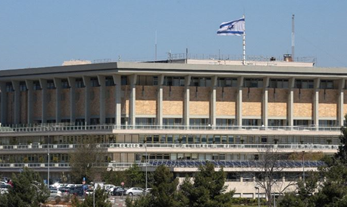
The Frequent Changes to Israel’s Basic Laws
Written By: Dr. Amir Fuchs
All too often the Knesset amends Israel's Basic Laws - how does this compare with other parliamentary democracies?

Populism as an Existential Threat in Israel
Written By: Prof. Gideon Rahat
In an effort to create uniformity, populists are ready to destroy the state.
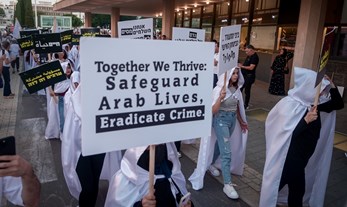
The Abandonment of Arab Israelis
Written By: Dr. Muhammed Khalaily
Ditching the 5-year plan for the Arab sector will have adverse long-term effects on the Arab's sector ability to integrate into Israel's shared society.

A majority of Israelis think that Israel is currently in a state of emergency
Written By: Prof. Tamar Hermann, Dr. Or Anabi
The July 2023 edition of the Israeli Voice Index finds that 58% of Israelis believe the country is in a "state of emergency." Only a small minority of Israelis believe that IDF reservists, who fail to report for duty in protest of the judicial overhaul, should be dismissed.
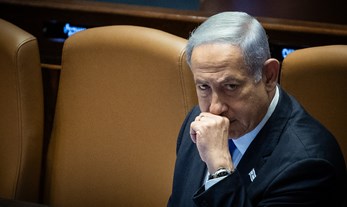
Explainer: Israel's High Court of Justice and the Incapacitation Law
Written By: Dr. Amir Fuchs
The term "incapacitation" refers to a situation in which a government official is unable to perform their duty. The previous version of the law did not detail what constitutes incapacitation, nor who is authorized to declare incapacitation. The current version is accused of being personal and political.
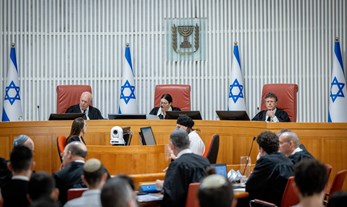
On the link between reasonableness and incapacitation
Written By: Prof. Suzie Navot,
Less than 24 hours after the Knesset passed the “Reasonableness Law” the attorney general filed her professional opinion to the Supreme Court on an entirely different matter: the “Incapacitation Law.” What do the two amendments share in common?
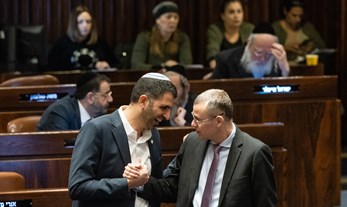
Karhi’s Broadcast Legislation – Reform or Ruination?
Written By: Dr. Tehilla Shwartz Altshuler
The broadcast system in Israel certainly needs to be reformed in various ways, but Communications Minister Karhi's proposals all include a political twist that transform reform into ruination.

Protests are Necessary—But So Is Decentralization
Written By: Dr. Assaf Shapira
When Israeli liberals depend solely on the Supreme Court for checks and balances, they are taking a big risk. It is essential to add veto points as human rights in Israel should not depend on the Supreme Court alone - decentralization of government is key.

The Economic Implications of the Coalition’s Legislative Initiatives
Written By: Prof. Itai Ater, Dr. Tzachi Raz, Dr. Yannay Spitzer
This paper seeks to elucidate the economic consequences of the judicial overhaul. It approaches the topic through the lens of the new institutional literature in economics, which has extensively addressed the link between democratic institutions and the economy in recent decades.
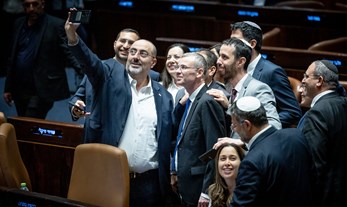
The Day After Reasonableness
Written By: Prof. Suzie Navot
The coalition launched the first stage in its judicial overhaul. The process by which the amendment to the Basic Law: The Judiciary was passed, releasing the government and its ministers from the duty to act with reasonableness, is the best possible evidence for what we can now expect.

The IDF Reservists Protest against the Judicial Overhaul – Explainer
Written By: Dr. Eran Shamir-Borer, Adv. Mirit Lavi
The protest by reserve soldiers has sparked a fierce political and public debate in Israel. Who are these reservists, what are their motivations and what are the implications of their choice? Find the answers here.
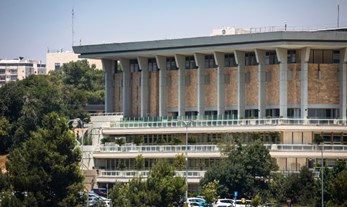
From All-Out Assault to Salami Slicing Tactics: Israel’s Crisis Continues
Written By: Prof. Amichai Cohen, Prof. Yuval Shany
The Israeli governing coalition is now “only” trying to strip the Supreme Court of its power to conduct reasonableness review of cabinet decisions.
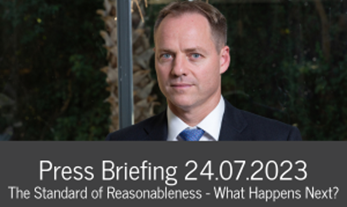
In Anticipation of the Knesset’s Vote on the “Reasonableness Standard” – What Happens Next?
With the Knesset set to hold its final vote on curtailing the “reasonableness standard,” what happens next? What are the implications of removing this type of oversight on governmental decisions, and is there still a possibility for compromise ahead of the vote?


